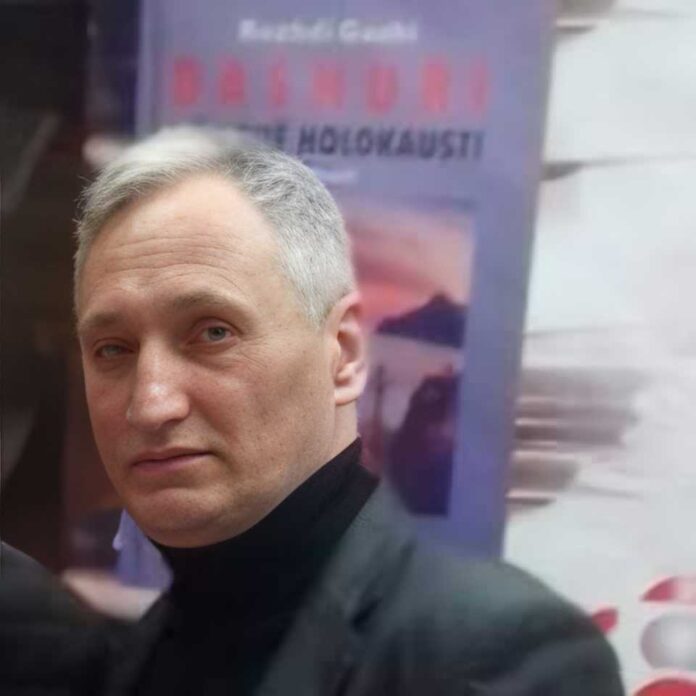Written by Ruzhdi Gashi, writer and positive thinking coach
Gratitude is one of the most precious virtues of a human being, because it costs nothing but is worth everything. It is a silent way of saying: “I know you were there for me, and that matters.” In an increasingly fast-paced world, where people sometimes even forget to greet one another, gratitude becomes a rare treasure. And when it is missing—especially from someone we once helped wholeheartedly—the pain runs deep.
An ungrateful person is someone who forgets quickly, who sees help as something self-evident, and who never stops to think about the sacrifices of others. This kind of person, as soon as they overcome their difficulty, walks away as if nothing ever happened. Often, these people not only fail to give thanks, but they feel empowered by the help they have received, as if they unconditionally deserved it. At its core, this is a silent form of selfishness that makes a person lose their dignity without even realizing it.
But their greatest mistake is thinking that they will always be fine, that they will never need anyone again. They forget that life is unpredictable. Circumstances change, people change, and no one is immune to hardship. A day may come when that very person who ignores you today will knock once again on your door. And then, they will not always find your heart as open as it once was.
We see such examples everywhere: in friendships that fall apart after one person “crosses the river” and leaves the other behind; in family members who forget those who supported them in hard times; or in romantic relationships where one partner walks away as soon as they’ve taken everything they wanted. We often remember how much we gave, but those who received do not always appreciate it. And this wound of ingratitude often doesn’t heal — it remains as a bitter memory that makes us more cautious the next time.
Gratitude does not mean returning a favor immediately, nor does it mean being forever bound to someone by moral debt. It means not forgetting. It means not scorning the one who helped you, not remaining silent when their name is mentioned, and above all, not treating them with coldness or contempt. Because the heart that once helped you may no longer recognize you — not out of hatred, but out of disappointment.
In the end, every person will face difficult days. And then, more than wealth or status, what will matter is the memory others have of you. If you have been honest, grateful, and considerate to those who helped you, you will find open doors. But if you have been ungrateful, then perhaps you will be met with silence — and that is the harshest punishment for someone who was once helped with sincerity.


